Drop in road collisions
Global Leader in AI Video Telematics
Transforming how fleets approach road safety, duty of care, fleet compliance, operational risk and claims management by embracing the latest advances in AI.
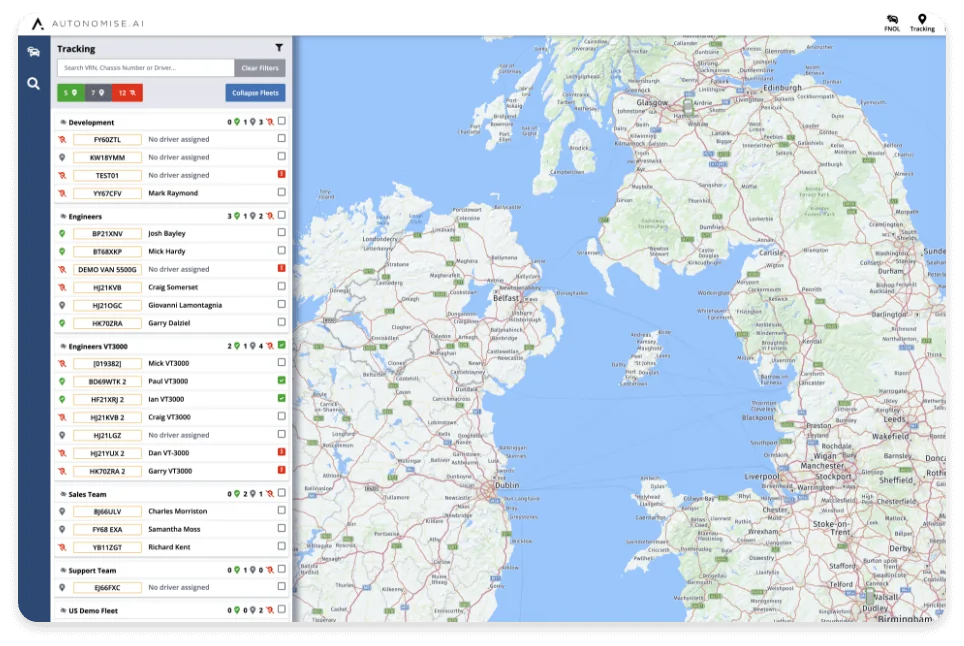

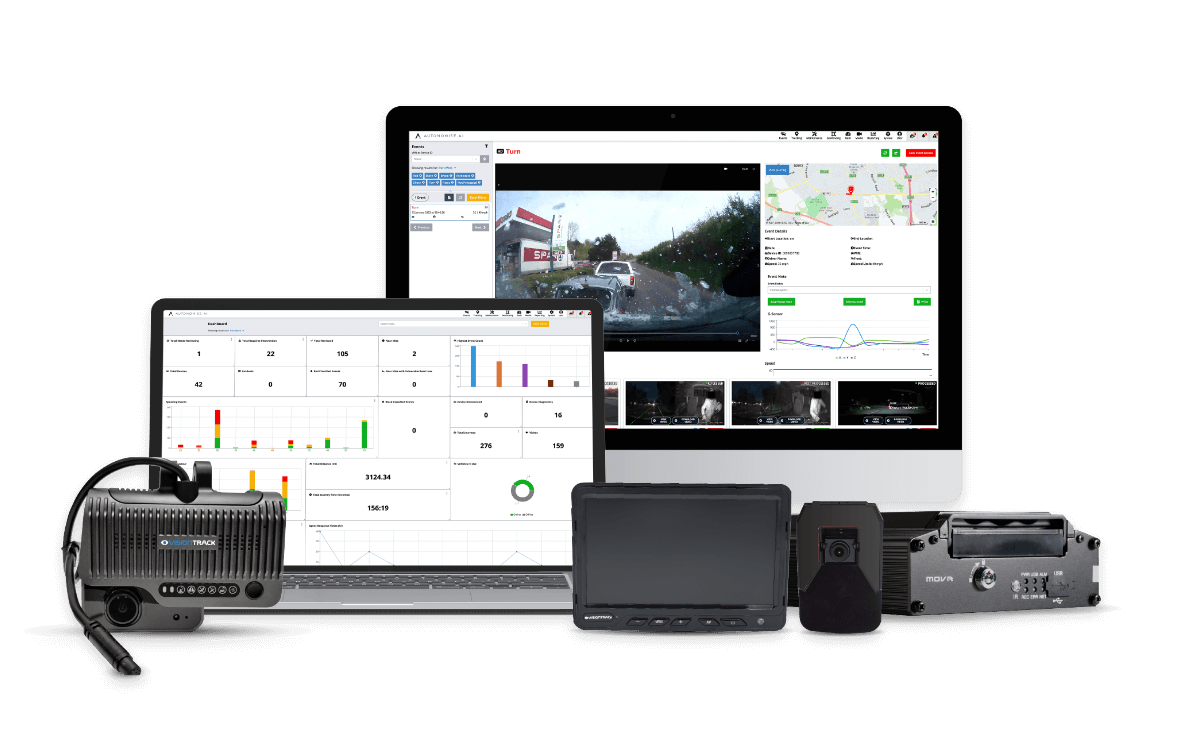
Meeting the road safety challenge head on
Our unique approach is helping tackle some of the most complex road safety challenges faced by the fleet, transport and insurance sectors, providing the operational insight, business intelligence and enriched vehicle data needed to make strategic mobility decisions.
Passionate about reducing road collisions and saving lives
Delivering true value and ROI, no matter the size, type and activity of your vehicle operation.
Drop in road collisions
Decrease in at-fault collisions
Reduction in vehicle damage
Cut in risky driver behaviour
Reduction in claims frequency
Cut in claims costs
Increase in annual insurance rebate
Begin your journey
Discover how we can help you target fleet risk, road safety and insurance improvements.

Intelligent fleet solutions that protect drivers
Protecting drivers, other road users and corporate reputation, while combating fraud and streamlining claims management.
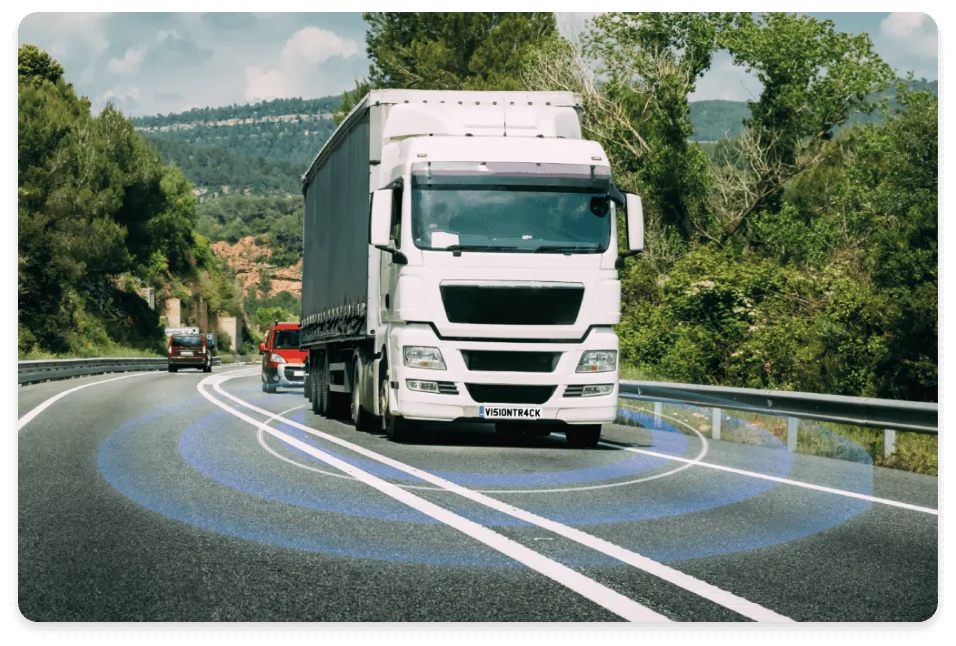


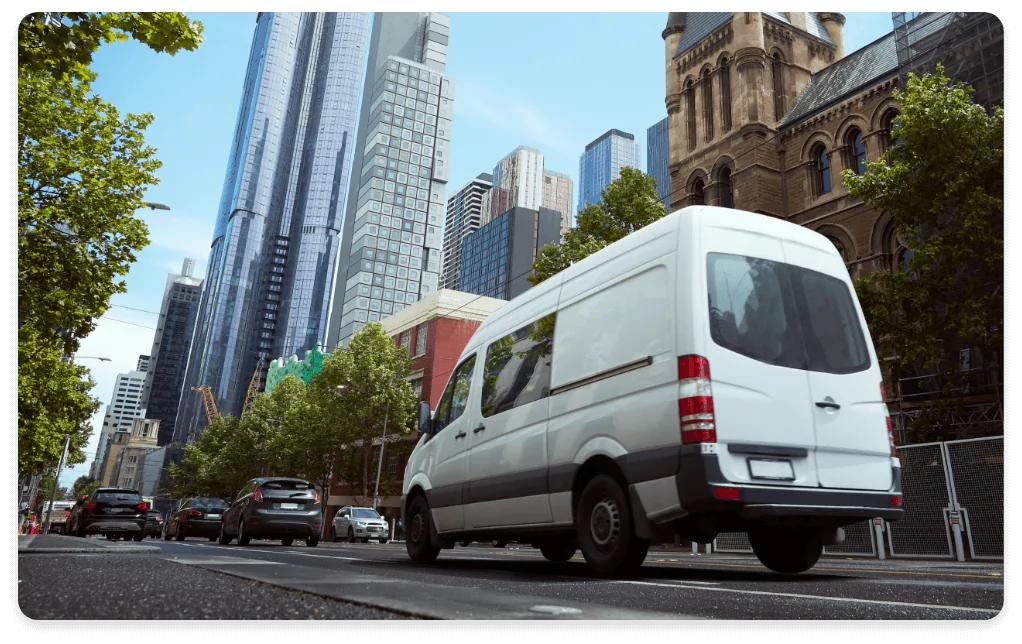
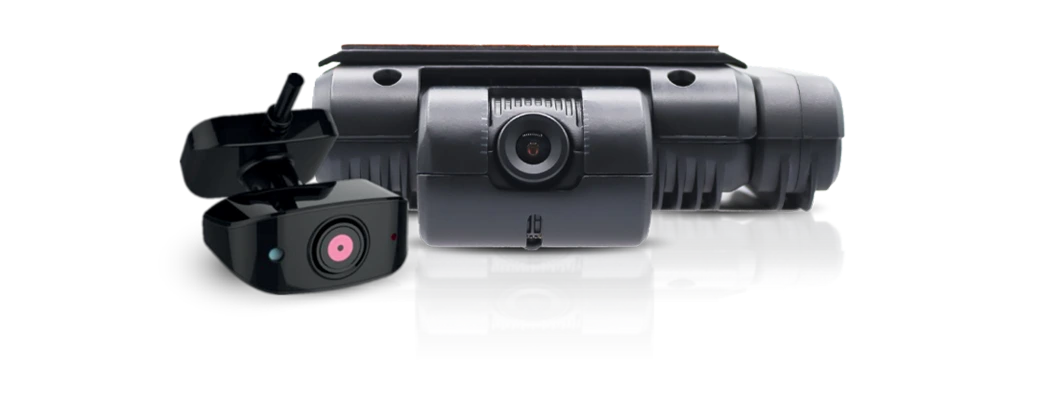
Factory-fit and aftermarket solutions
Factory-fit and aftermarket solutions for OEMs, dealerships, leasing companies and hire specialists, with industry-focused IT, training, marketing and after-sales support.

Video-enabled technology solutions
Complementary video-enabled technology solutions for vehicle tracking, telematics, value-added reseller (VAR) and business mobility partners.
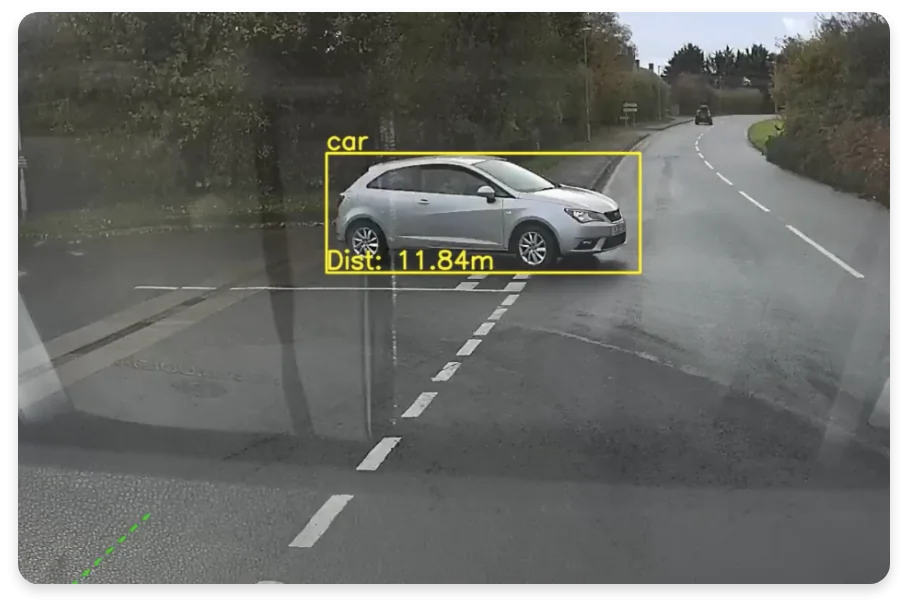
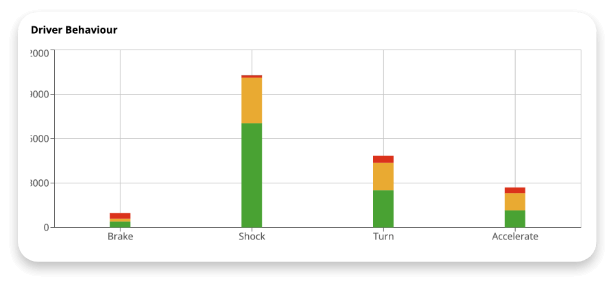


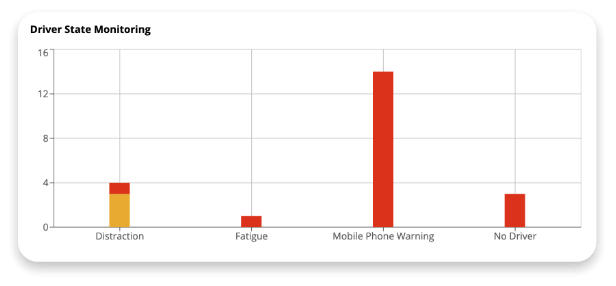
Advanced insurtech that improves loss ratios
With reduced frequency and cost of claims, our insurance solutions help make rapid liability decisions, combat fraud and speed up FNOL.

Driving change through industry-leading innovation
Autonomise.ai has been developed as the most advanced video-enabled telematics solution for the fleet, road transport and insurance sectors. This multi-award winning Internet of Things (IoT) platform leverages extensive real-world data using finely-tuned algorithms, analytics and computer vision models to unlock knowledge and continually evolve.
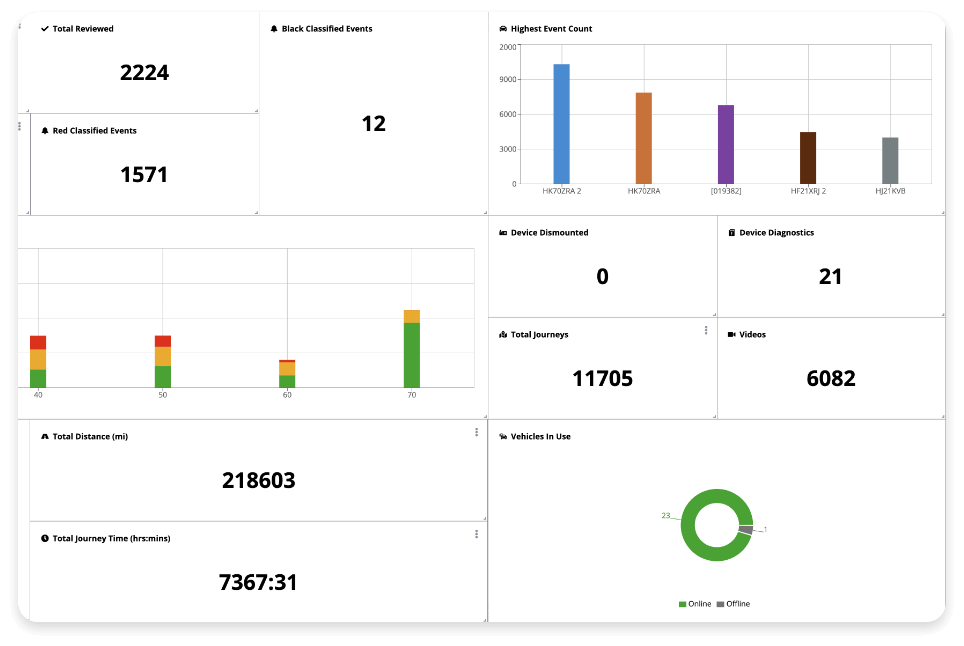

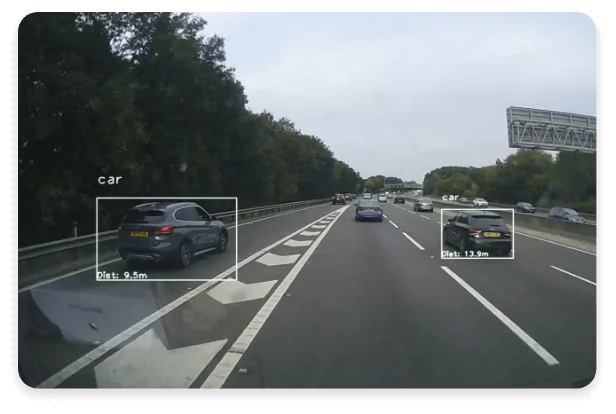
Transforming video telematics with AI
Taking advantage of smart cameras and using video telematics like never before. Using increasingly sophisticated AI technologies, VisionTrack is automating management processes, data analysis and incident detection in a wide range of fleet, insurance, road safety and risk management settings.

Cut through the noise with AI-powered video analysis
For many medium and large fleets using video telematics, the manual review of video footage is simply not scalable when triggered events can exceed hundreds per day. With NARA (Notification, Analysis and Risk Assessment), you can automatically remove false positive events and monitor driver behaviour to enhance your duty of care, improve driver and road user welfare, and reduce associated costs.
Identify and remove false positives
Effectively monitor driver behaviour
Achieve rapid risk and FNOL intervention
Conclude fault claims settlements within 24 hours
Enhance duty of care commitment
Quickly validate driver welfare
Support road safety and driver training strategy
Helps deliver claims savings (£2,000 on average) for each collision detected



Get in touch
The quickest way to get technical support is via our online portal, so for any support enquiries please click the link below:
2 Chapman Way,
High Brooms Industrial Estate,
Tunbridge Wells,
Kent,
TN2 3EF
Information:
info@visiontrack.com
Support:
orders@visiontrack.com
and Switchboard
01246 225 745
9.00am – 5.00pm
(Monday – Friday)
(Non-Technical Support)
01246 225 745
9.00am – 5.00pm
(Monday – Friday)
01246 225 858
9.00am – 5.00pm (Monday – Friday)
9.00am – 5.00pm (Saturday)
Fill out the form below to make an enquiry or book a meeting with VisionTrack:








































